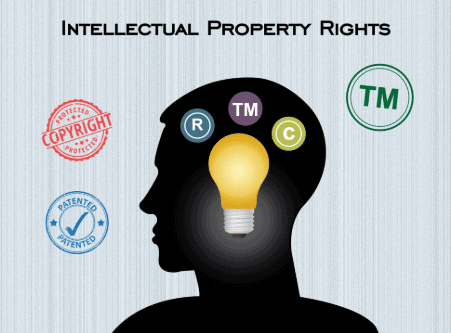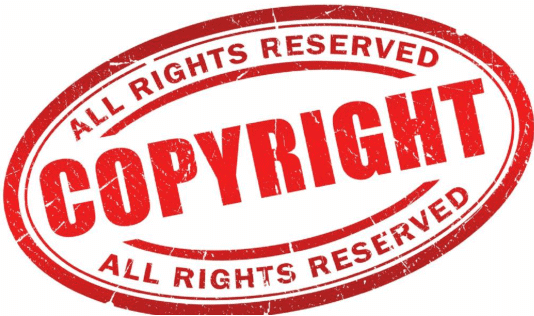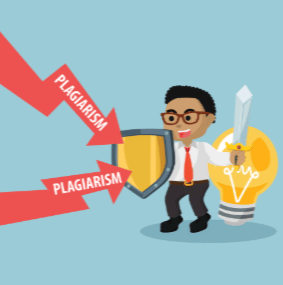|
Intellectual Property Rights (IPR) provide creators with exclusive control over their creations for a specific period. True or False? |
Card: 1 / 30 |
|
Fill in the blank: Copyright covers ___ and ___ works such as novels, films, and paintings. |
Card: 3 / 30 |
|
To protect the interests of creators by rewarding their mental labor and allowing them to retain property rights over their creations. |
Card: 6 / 30 |
|
The TRIPS Agreement aims to harmonize and strengthen protection standards for ___ at both national and international levels. |
Card: 7 / 30 |
|
True or False: India's Patents Act was first enacted in 1970 and was amended in 2005 to comply with the TRIPS Agreement. |
Card: 9 / 30 |
|
True |
Card: 10 / 30 |
|
The primary purpose of copyright protection is to grant creators exclusive rights over their original works, allowing them to control reproduction, adaptation, communication to the public, and other uses of their creations. |
Card: 12 / 30 |
|
False. Copyright protection is automatic upon the creation of the work and does not require registration. |
Card: 14 / 30 |
 Unlock all Flashcards with EduRev Infinity Plan Starting from @ ₹99 only
|
|
True or False: Copyright protection is indefinite and does not require any formalities to be acquired. |
Card: 17 / 30 |
|
False. Copyright protection is not indefinite; it is limited to a specific period, and while it exists automatically, registration is available but not necessary. |
Card: 18 / 30 |
|
False. Copyright law only applies to original works that are fixed in a tangible form. |
Card: 20 / 30 |
|
Fill in the blank: Copyright provides legal protection for creators of original works such as literature, music, software, and ___. |
Card: 21 / 30 |
|
Moral rights protect an author's personal and reputational interests in their work, ensuring that alterations or destruction of the work do not violate the author's integrity. |
Card: 24 / 30 |
|
Fill in the blank: Plagiarism refers to the unethical practice of presenting someone else’s work as one’s own, regardless of ___ status. |
Card: 25 / 30 |
|
True or False: Copyright infringement and plagiarism are the same legal concepts. |
Card: 27 / 30 |
|
False. Copyright infringement is a legal violation of copyright law, while plagiarism is an ethical issue related to the presentation of someone else's work as one's own. |
Card: 28 / 30 |
|
True or False: The Supreme Court ruled against the petitioner, stating that their work lacked originality. |
Card: 29 / 30 |
|
False. The Supreme Court ruled in favor of the petitioner, stating that their work contained copyrightable originality. |
Card: 30 / 30 |



























